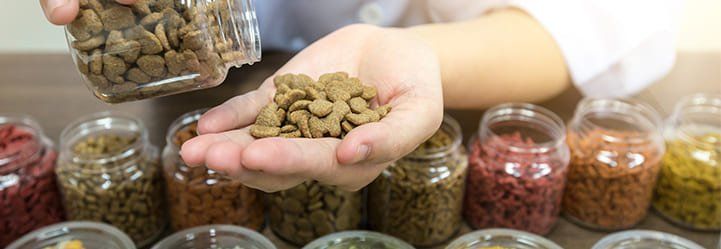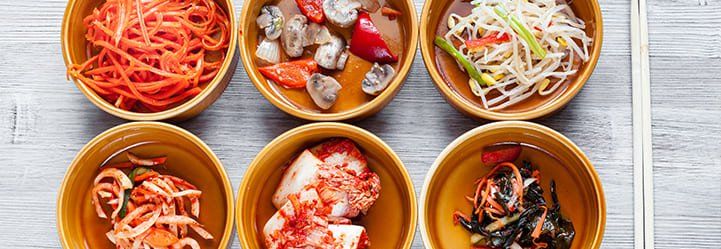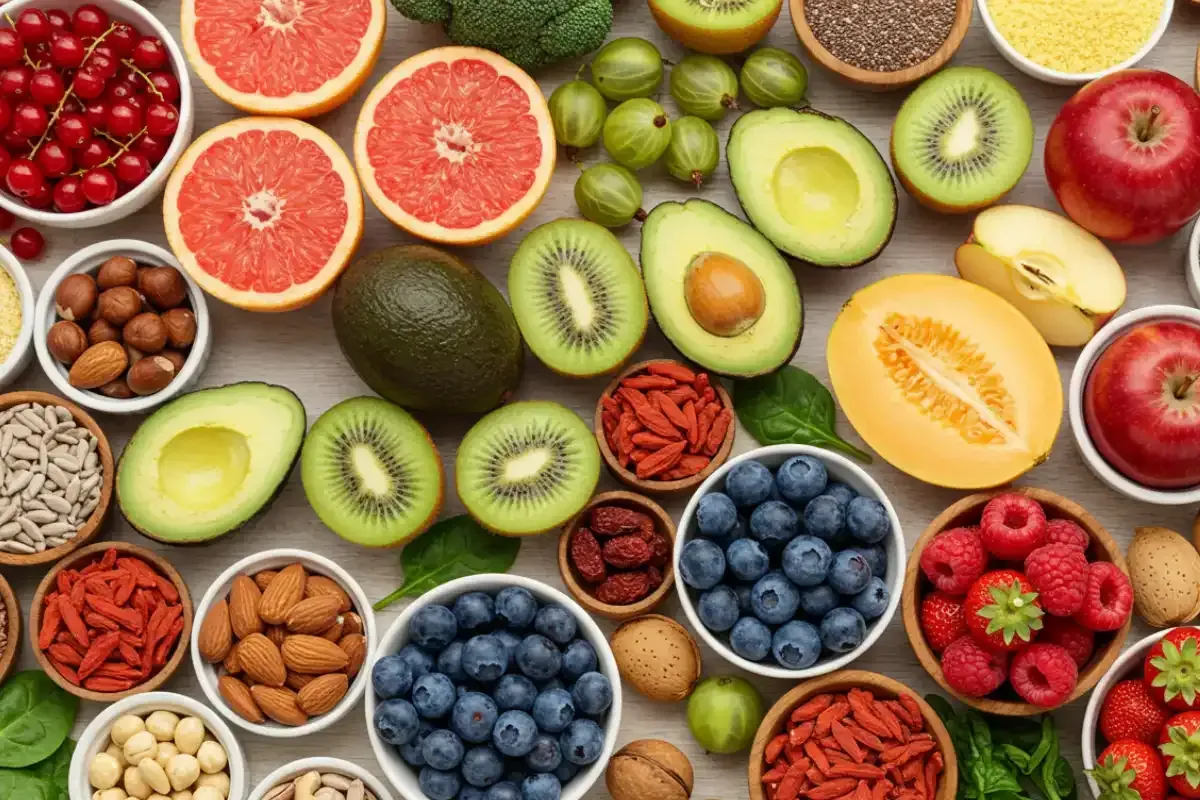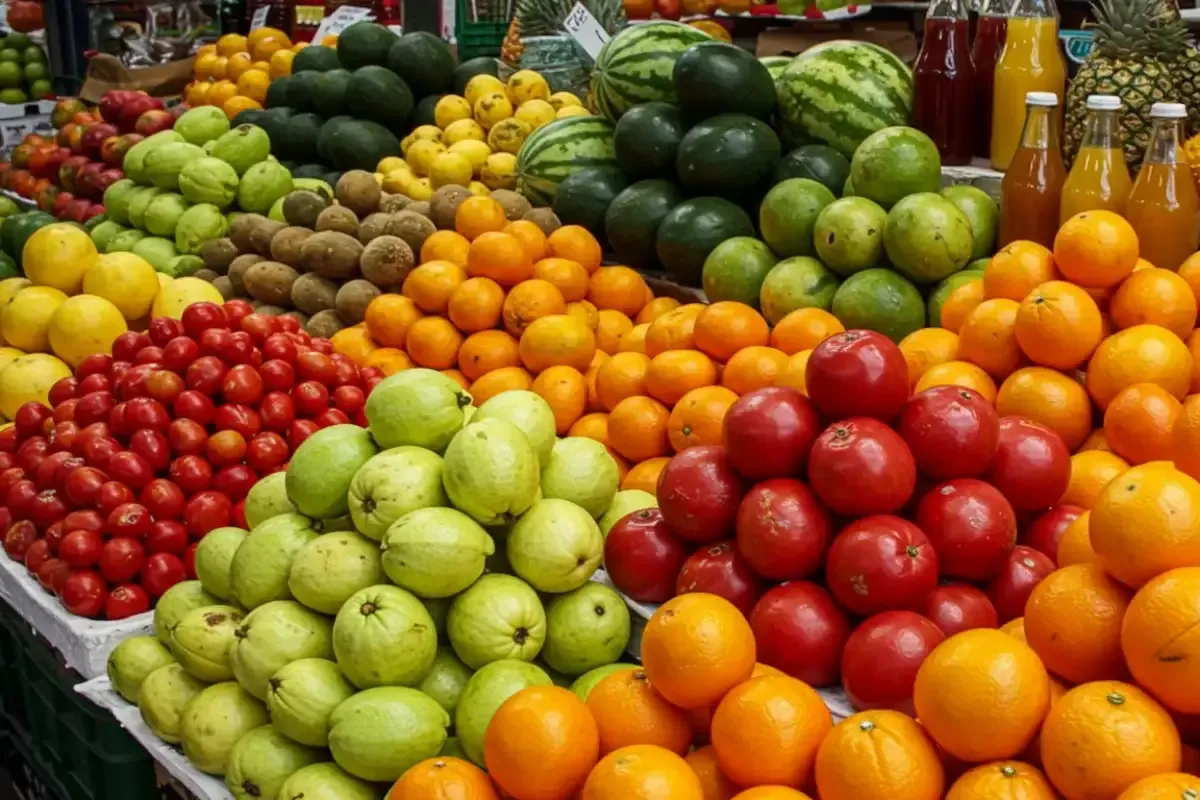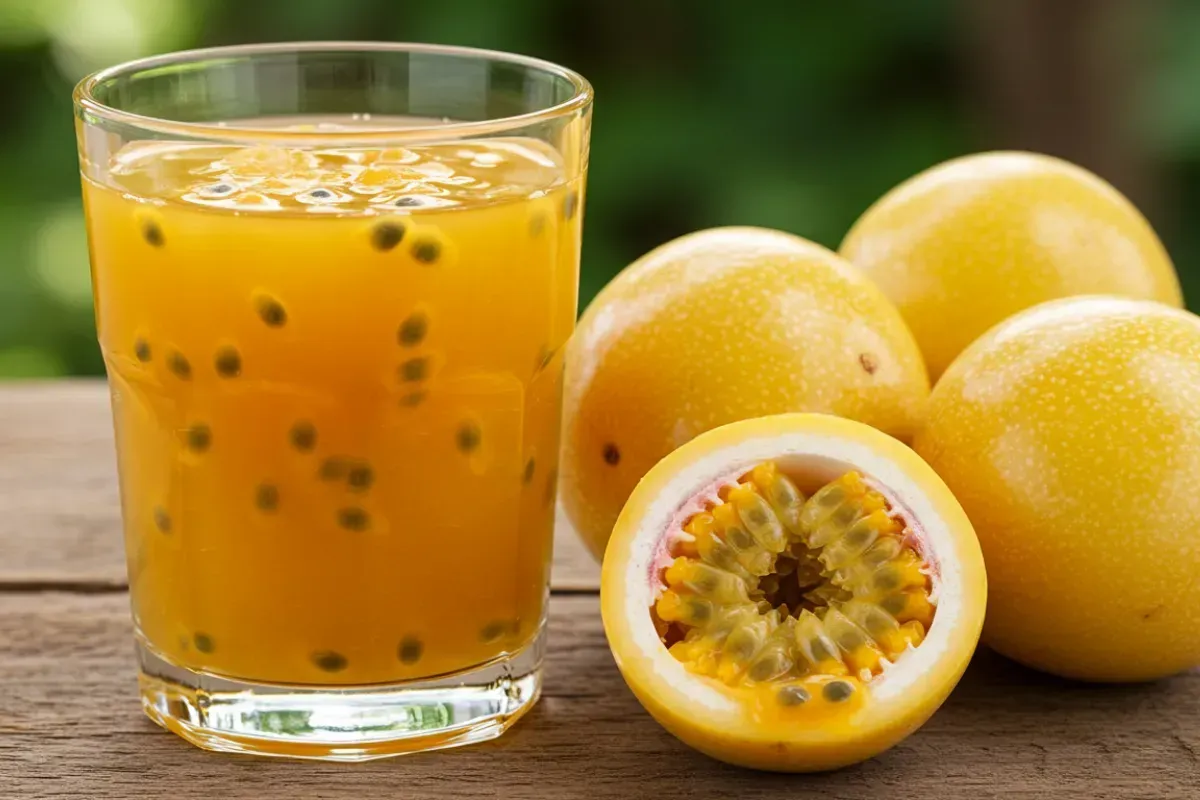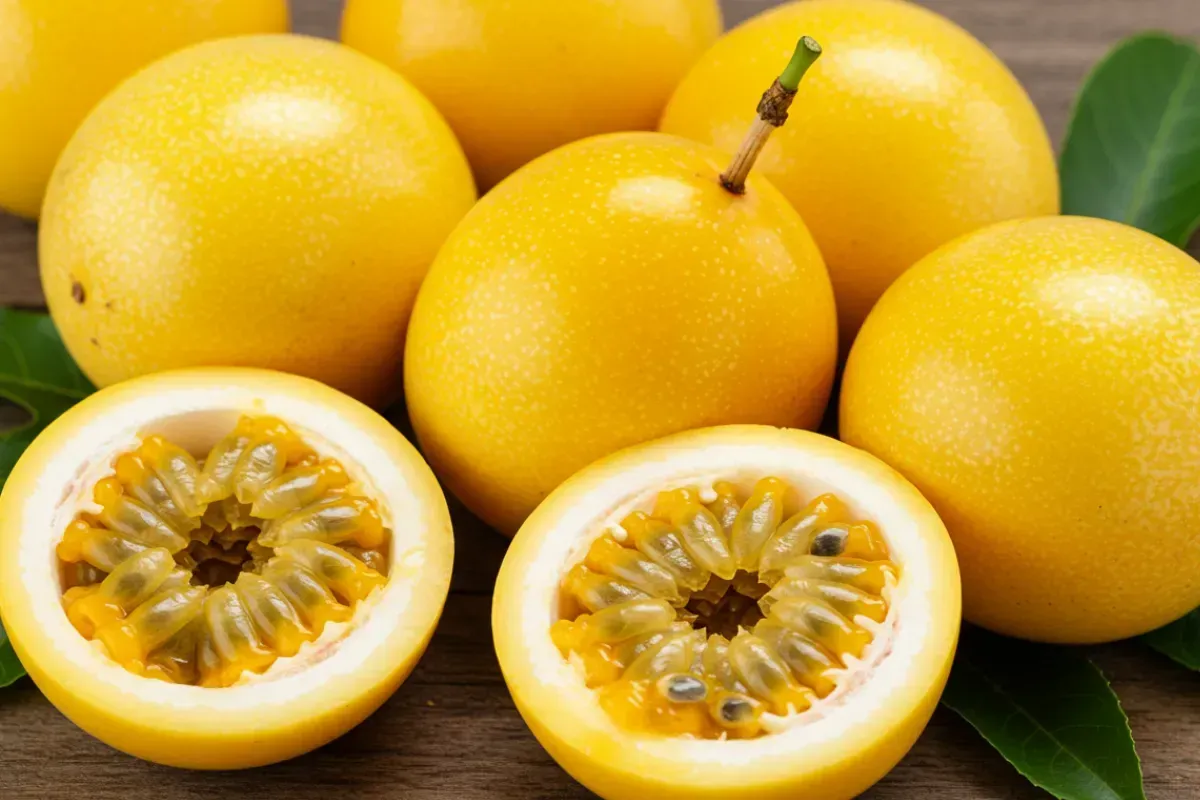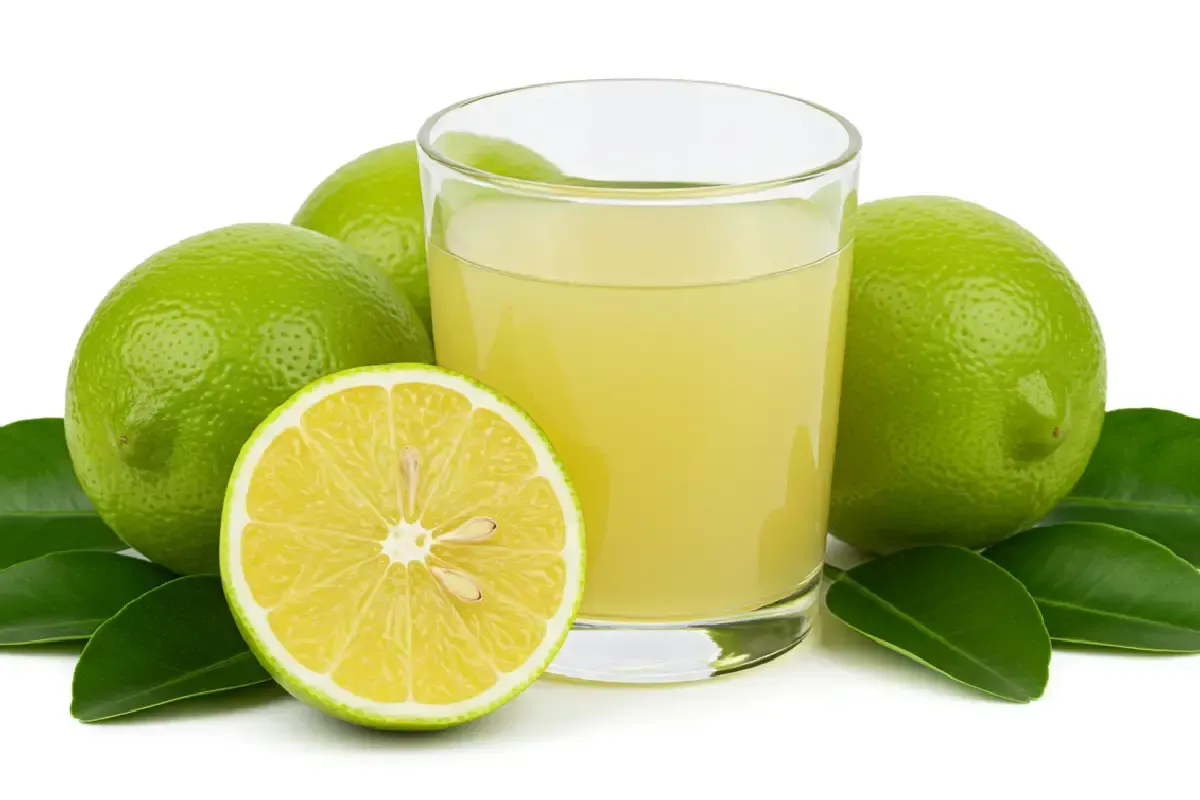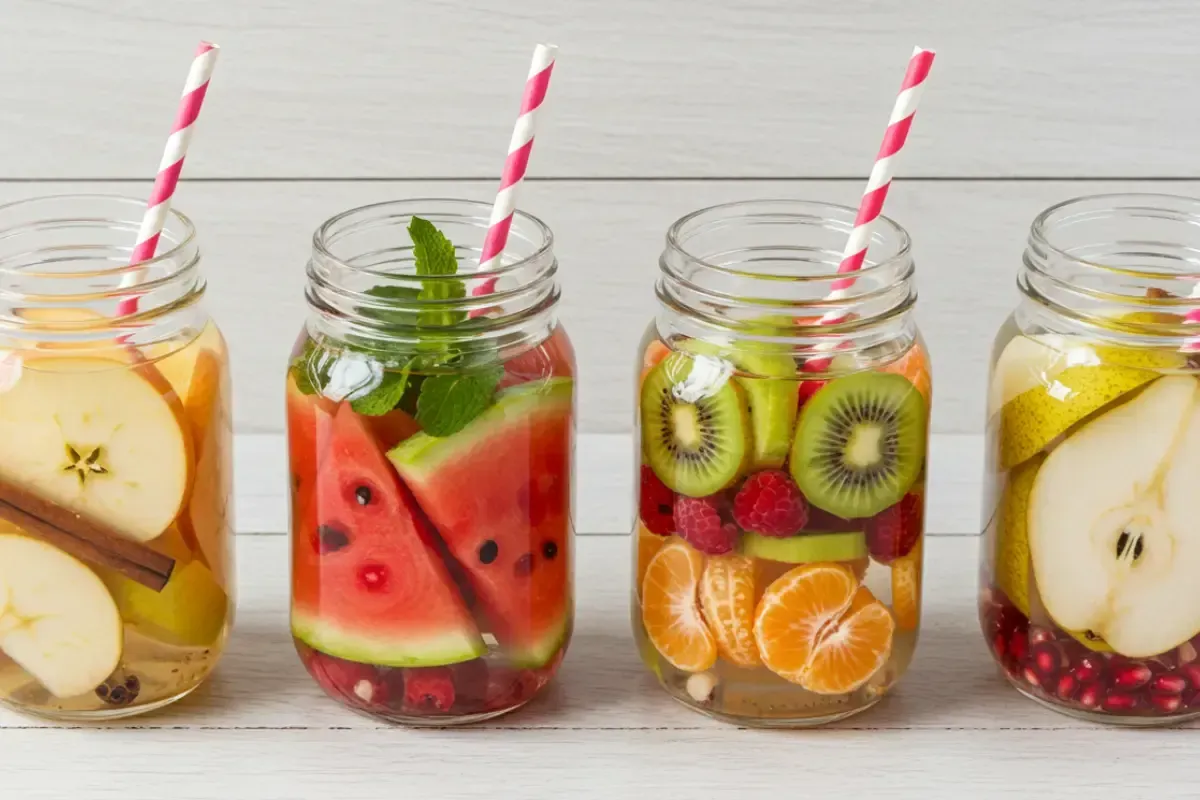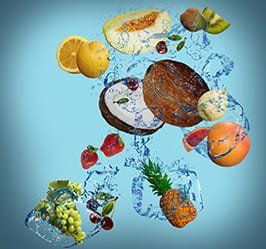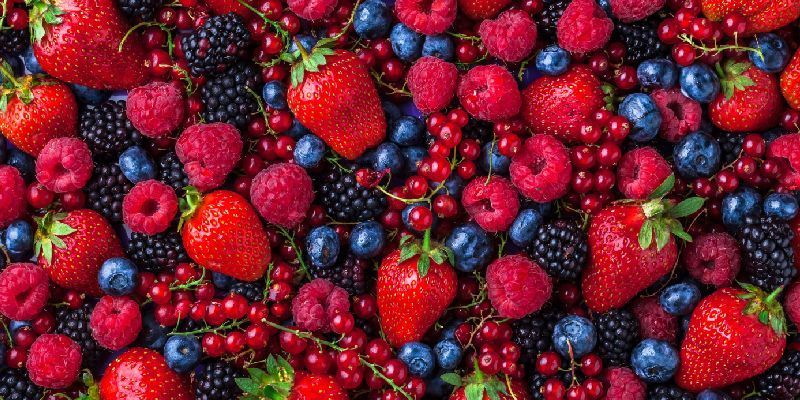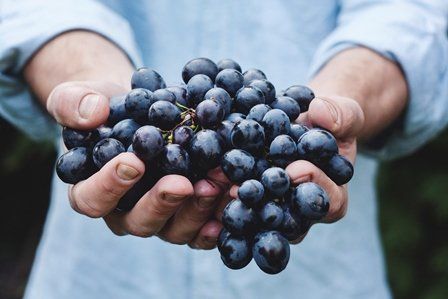Direct materials: why their quality is pivotal for the food industry?
Alimentos SAS • Aug 26, 2021
Success in the food industry usually stems from many sources. From top-notch industrial processes to efficient managing practices to effective marketing efforts. However, one central factor has the power to boost or derail a business in the sector: direct materials quality. In this article, we tell you why this is. We also present some trends helping companies manage this issue today.
Direct materials and food businesses
Direct materials refer to any raw material that is directly used to produce a good or service. For instance, plastic to build toys, pigments to formulate make up, or food (raw or processed) to make other food products.
They are an essential component of any finished good (Thakur, n.d.). In fact, without them the product could lose value in the market (Ospina Avendaño, 2020).
Moreover, they are key in the food supply chain, as they play a pivotal role in its first stage: production (Harvard Web Publishing, n.d.). Insufficient, overpriced, or low-quality direct materials have the power to negatively impact the processes that carry food from farms to consumers’ tables.
For example, McKinsey reports that the volatility of raw-material prices impacts food companies worldwide. Why? Because they account for 60 to 80% of direct material costs and 30 to 40% of total costs (Doheny et. al., 2017).
Likewise, the importance of their quality cannot be underestimated. Hence, quality control is a critical material management process inside food industry businesses (Ospina Avendaño, 2020). Common factors assessed include resources’ dependability, durability, accuracy, and performance (TWI, n.d.).
Their uses in the industry
In the case of the food industry, direct materials include other food products.
Manufacturers use different foods as ingredients to create their products. For example, baked goods businesses may employ flour, eggs, dairy, sweeteners (like sugar or syrup), and flavorings (like fruit or chocolate) to prepare their products.
Some direct materials go into many of the industry’s segments due to their attributes. This is the case with fruit purées. They retain taste and nutrients from fresh fruit while being more efficiently handled in logistics than whole fruit (Dohler, n.d.). As a result, they are a prominent ingredient in beverage, confectionery, bakery, baby food, dairy, and frozen products businesses (Grand View Research, 2020).
Trends tending to direct materials’ quality
As mentioned, the quality of direct materials in the food industry is essential to making consumable products. In this kind of resource, freshness is vital. After all, you cannot process an edible product using degraded materials.
In this context, companies along the food supply chain develop different mechanisms to ensure quality.
For instance, farmers establish processes to make sure they harvest crops at the right time. Some of them are manual or more traditional, while others rely heavily on technology. Today, artificial intelligence (AI) can interpret crop images to help determine when they should be harvested (Granskog et. al., 2020). Regardless of the method, managing the ripening of crops enables producers to successfully distribute food goods suitable for consumption and longer storage periods (Oakes, 2019).
Moreover, AI can also sort non-uniform produce, like carrots and potatoes, according to size, shape, and general state. By applying such technology, producers can uphold a high level of quality in their offering (Granskog et. al., 2020).

